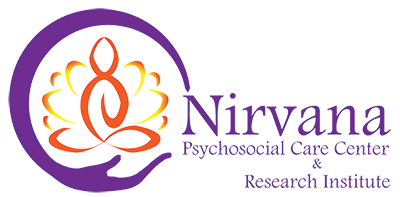Knowledge, Attitude and Practice of Hepatitis B Vaccination among Clinical Medical Students at a Medical College in Nepal
Abstract
Background: Hepatitis B vaccine is the single most effective and safest strategy for the prevention of the disease among health care workers (HCW), trainees and medical students. There is scanty information on knowledge, attitude and practice (KAP) regarding Hepatitis B vaccination among medical students who are likely to get exposed in the future as they start practicing. This study was undertaken to understand the knowledge, attitude and practice of hepatitis B vaccination among clinical medical students of Manipal College of Medical sciences at Pokhara, Nepal.
Methods: Two hundred and four medical students were enrolled for an observational, cross-sectional study at Manipal College of Medical sciences at Pokhara, Nepal after obtaining ethical clearance from Institutional Review Committee. Answers to pre-tested questionnaire were collected. Knowledge, attitude and practice regarding Hepatitis B vaccination were studied.
Results: All participants demonstrated good knowledge and positive attitude towards Hepatitis B infection and vaccination. However majority had poor practice towards it. Only 47.1% were completely vaccinated. The most common reason for non vaccination was that many thought they will vaccinate in internship or when they start practicing.
Conclusion: Despite good knowledge and positive attitude towards Hepatitis B infection and vaccination, low rates of vaccination and poor practice was observed among HCW indicating the necessity of encouragement for vaccination and proper practices among them. All medical students should be immunized against Hepatitis B during their medical school. Regular Hepatitis B vaccination, educational and awareness programs must be conducted in coordination and with active participation of the medical students.
Keywords: Attitude; Hepatitis B; knowledge; Medical students; Practice; Vaccination
Copyright (c) 2020 Author(s)

This work is licensed under a Creative Commons Attribution 4.0 International License.
The author(s) retain the ownership of the copyrights for their work published in EJMS without any restrictions. Upon submission, the author(s) grants EJMS a license to publish, including to display, store, copy, and reuse the published content.
License to Publish
By submitting a manuscript to EJMS, the author(s) grant the journal a non-exclusive license to:
- Publish and distribute the content in all formats, media, and platforms (both existing and future), while identifying EJMS as the original publisher.
- Reproduce, display, and store the content in both print and online formats, including institutional and digital repositories.
- Translate, adapt, and summarize the work, including reprints, extracts, and abstracts.
- Develop derivative works based on the original content.
- Include the work in electronic databases and provide links to third-party materials.
Creative Commons Licensing
In addition to EJMS’s publishing rights, authors grant third parties the right to use, share, and distribute their work under the Creative Commons Attribution 4.0 (CC BY 4.0) International License. This allows unrestricted use of the content, provided proper attribution is given to the original author(s) and the journal.



